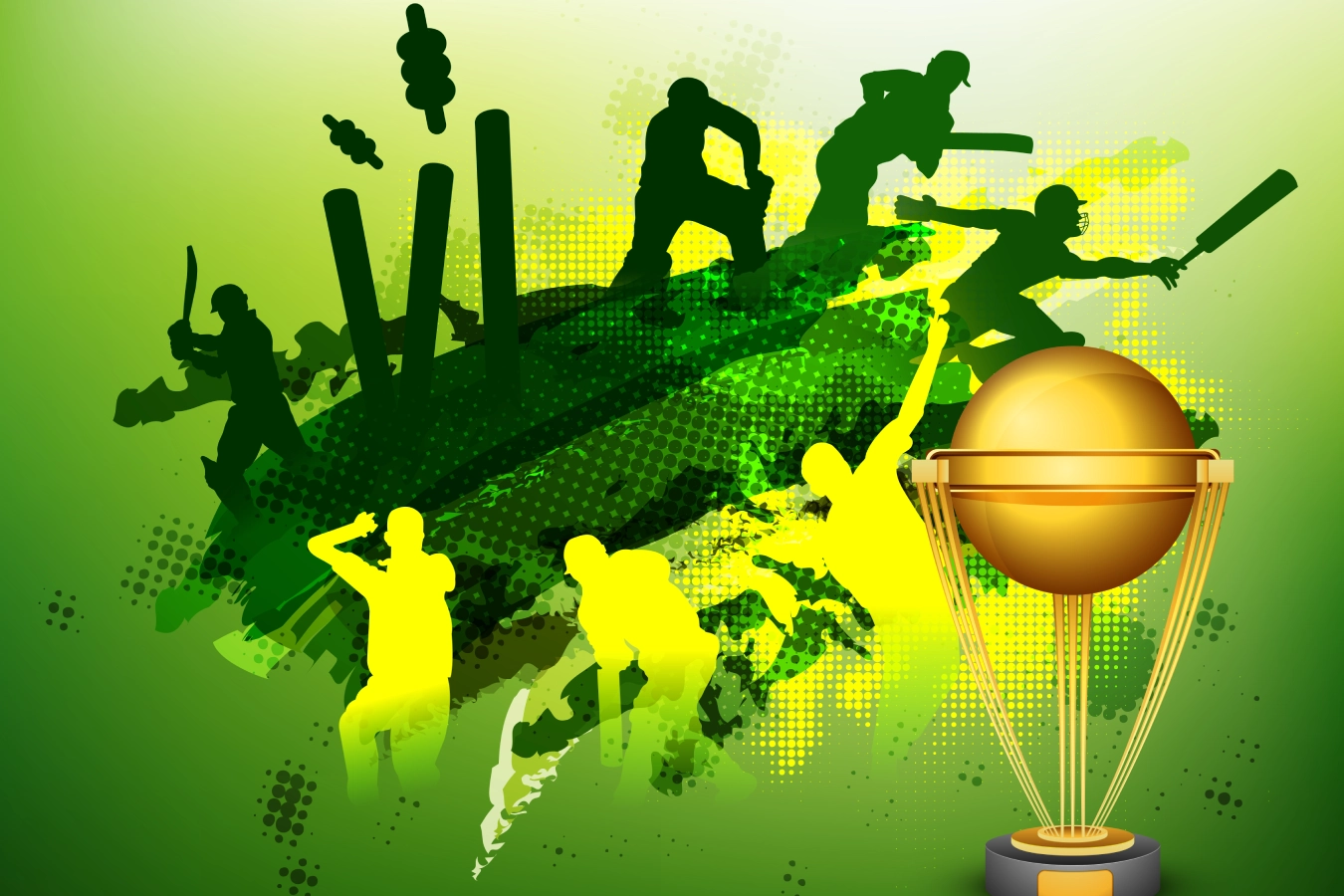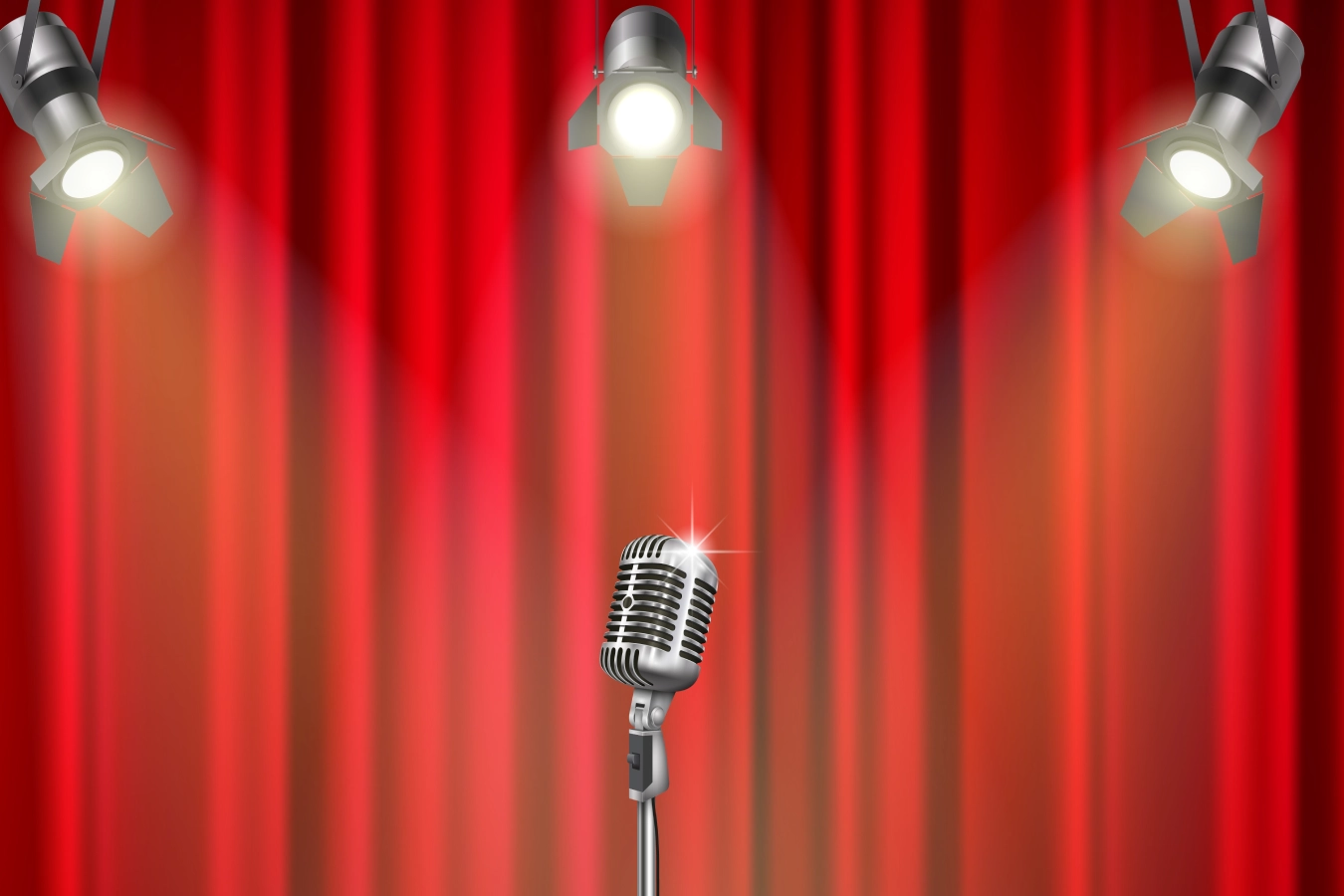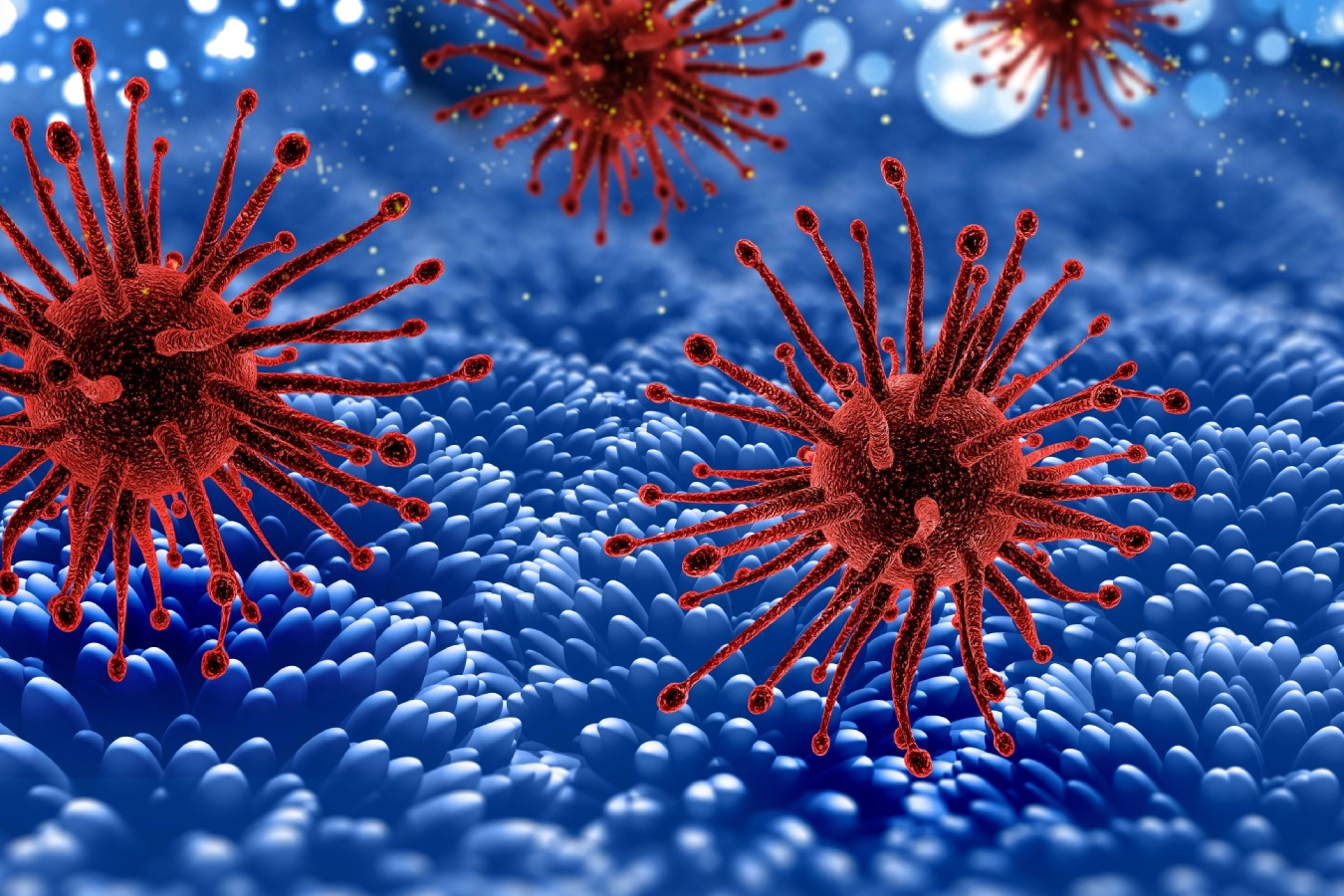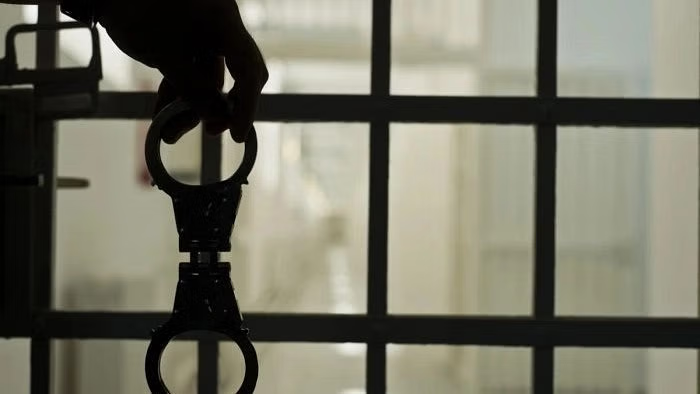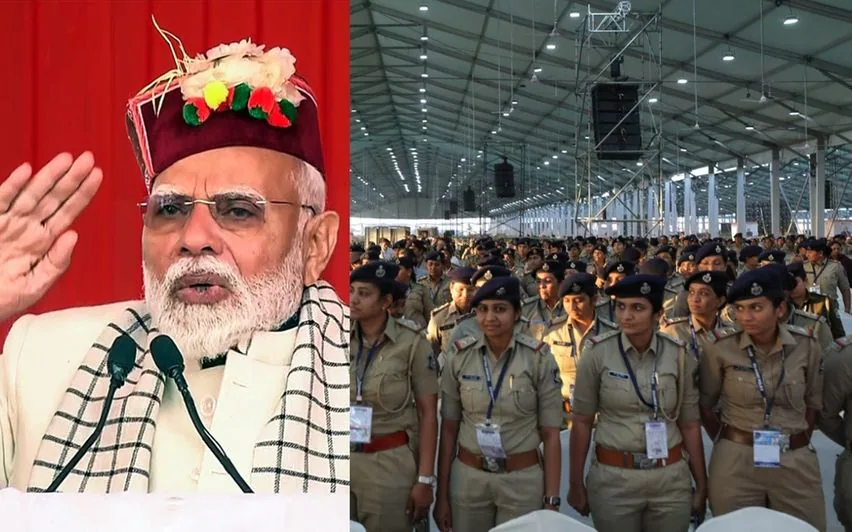The prevalence of memes today has now been well established. Commentary, opinion and often satirical takes on current events: memes encompass much of the (ephemeral) discourse present online. One of the more popular themes as of recent times is mental health and illness, possibly owing to the increased
destigmatisation and dialogue surrounding it.
As far as the conversation about this once-taboo topic goes, online communities have long since normalized the existence of depression, anxiety, and other disorders, with ‘social media influence’s’ and other regular users speaking frequently and openly about their struggles with mental illness and their methods of coping. Much like any other long-running internet trend, mental illness and health have also infiltrated the ‘meme world’ with the circulation of material centered around those topics. Much of what this category entails is/are known as “depression memes.” Sardonic and arbitrary, keeping with the typical meme form, depression memes tend to be self-deprecating in nature. They link everyday occurrences to depression, drawing seemingly random parallels to make a point.
They also, however, take on darker and more ominous tones:
At first glance, apart from the overarching themes of existentialism, this trend could imply acceptance. Acceptance of the issue, acceptance of its prevalence, and candid, unfiltered dialogue about these difficult-to-accept topics. However, where does the line lie between candid and frivolous?
While understandably, the purpose of memes is first humor before dissent, commentary and education, it would help to take a closer look into what Gen Z is laughing at − or if they are laughing at all.
Are the creators and consumers of depression memes people who have experienced the harsh reality of depression? Is this media being used to express the actual constant want to no longer exist? Or, are they created by ‘internet-woke’ folk who have caught onto a trend of relating everyday occurrences to death, suicide, and the want to die?
Both possibilities are equally alarming, seeing this as a medium a generation is casually consuming. The flippancy with which depression memes speak of these complex ideas raises questions about the market surrounding it. An internet community bonding over a collective want to die − either irreverent self-diagnosis or a generation of fatalists. Where does this leave the overall morale?
Furthermore, where does this pattern of creation and consumption lead? Greater acceptance? Honest, open conversation?
The memes, no doubt, draw attention to these ideas: the widespread existence of depression and the common experience anxiety. But could it be that these memes are swiftly becoming the end rather than the means?
While the intents may justified, perhaps even noble, one might have to re-evaluate the widespread effects depression memes are having. It may help to go one step further and evaluate why it is worth a smirk, and what is really being gotten out of its promotion. Acceptance and denial under the same guise. Acceptance of the existence of flaw, but denial of it being undesirable.
Widespread public acceptance that leans towards sensationalism. An aggressive attempt to normalize that is, instead, trivializing.
Is anyone really laughing?
Featured Image Courtesy: Rayna Lele
The views in this article do not necessarily reflect the organization’s views.


